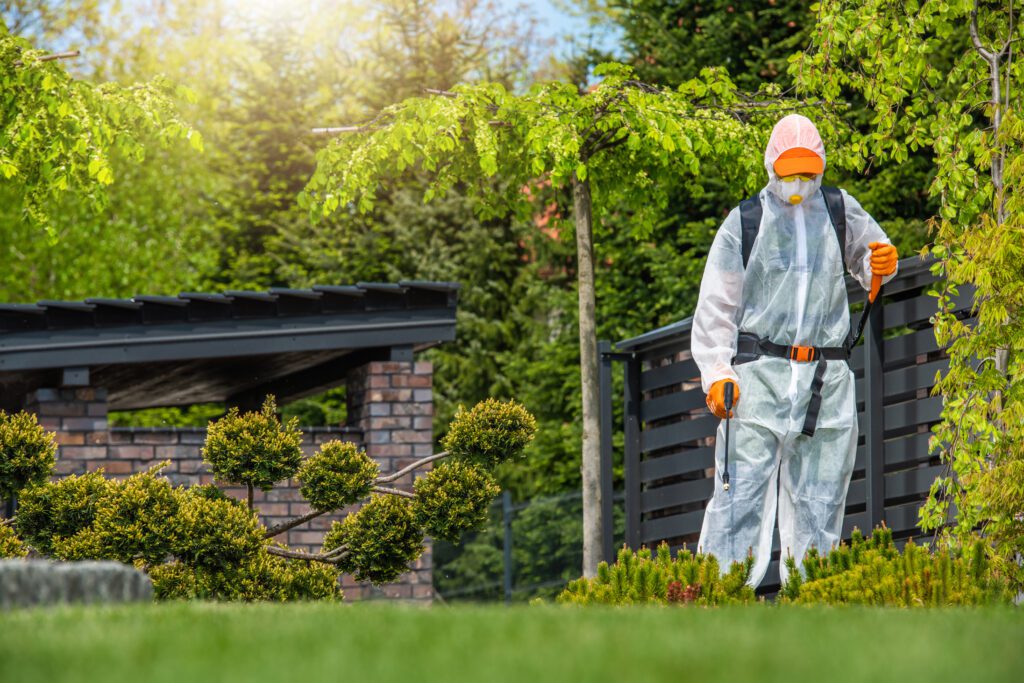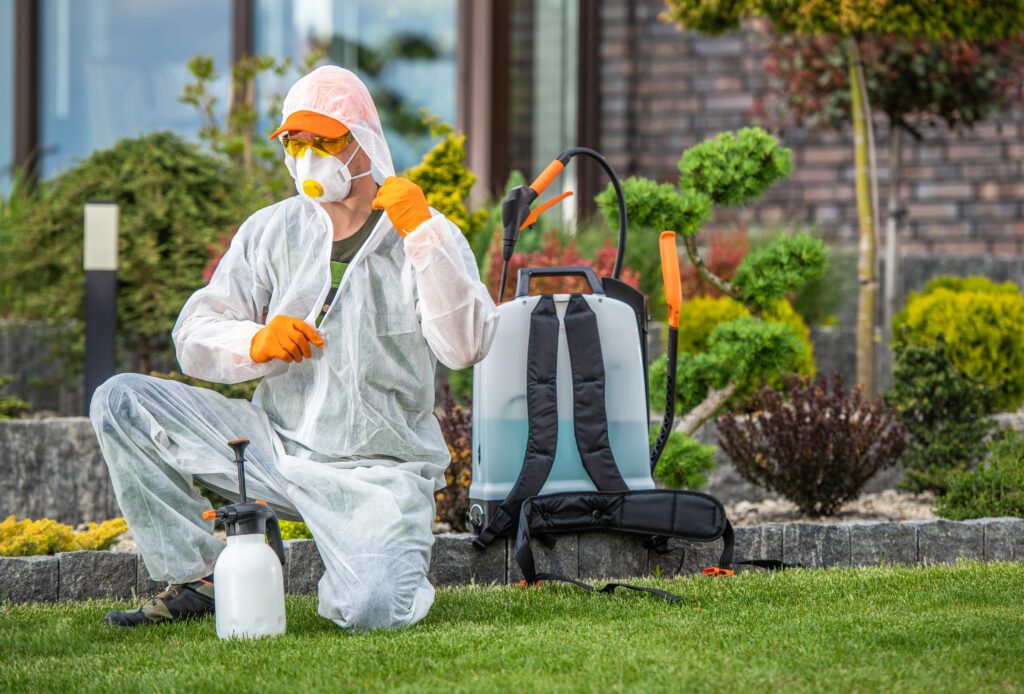Miami, a sun-soaked paradise renowned for its vibrant culture and stunning beaches, harbors a less glamorous secret: a relentless battle against pests. The city’s subtropical climate, a breeding ground for an array of unwanted creatures, poses unique challenges for residents and businesses alike. This article delves into the intricate world of pest control in Miami, exploring the latest strategies to manage these persistent adversaries while preserving the city’s delicate ecosystem.
A Subtropical Crucible
Miami’s ecosystem, a complex interplay of coastal wetlands, urban sprawl, and tropical vegetation, creates an ideal environment for pests to thrive. The region’s abundant water bodies, such as the Everglades and Biscayne Bay, serve as breeding grounds for mosquitoes, while the city’s dense urban fabric provides ample harborage for rodents and other unwanted intruders. Moreover, Miami’s status as a global transportation hub increases the risk of invasive species introductions.
The IPM Revolution
Gone are the days of indiscriminate pesticide application. Integrated Pest Management (IPM) has emerged as the gold standard for modern pest control. This holistic approach emphasizes prevention, monitoring, and targeted interventions, minimizing the use of harmful chemicals. By understanding pest biology and behavior, IPM practitioners can develop tailored solutions that protect both human health and the environment.

Key components of IPM include:
Precision inspections: Identifying vulnerabilities and potential infestation sites.
Habitat modification: Eliminating pest-friendly conditions through proper sanitation and structural improvements.
Constant surveillance: Tracking pest populations to assess treatment efficacy.
Strategic interventions: Employing a combination of physical, biological, and chemical controls when necessary.
Education and empowerment: Equipping homeowners and businesses with knowledge for prevention.
Nature’s Arsenal: Eco-Friendly Pest Control
The growing awareness of environmental concerns has spurred a demand for sustainable pest management solutions. Miami is at the forefront of this trend, with many companies adopting eco-friendly approaches.
Botanical powerhouses: Harnessing the potency of plant-derived compounds, botanical insecticides offer effective pest control with minimal environmental impact.
Diatomaceous earth magic: This naturally occurring substance dehydrates insects, providing a physical barrier to their survival.
Pheromone deception: Using synthetic or natural pheromones to lure and trap pests disrupts their reproductive cycles.
Biological warriors: Introducing beneficial insects and nematodes creates a natural balance, reducing reliance on chemicals.

The Mosquito Menace: A Public Health Imperative
Mosquitoes in Miami are more than just a nuisance; they are vectors for diseases like dengue, Zika, and chikungunya. Combatting these winged pests requires a multifaceted approach:
Larval warfare: Targeting mosquito breeding sites with larvicides.
Adult elimination: Employing adulticides for targeted control of adult mosquitoes.
Community engagement: Educating the public about prevention measures and fostering a collective effort.
Innovative solutions: Exploring cutting-edge technologies like genetically modified mosquitoes and advanced trapping systems.
Invasive Invaders: A Constant Threat
Miami’s global connectivity makes it susceptible to the arrival of invasive pests. Species like the red imported fire ant and the Asian giant hornet pose significant risks to both ecosystems and human well-being. Early detection and rapid response are crucial for containing these intruders.
A Sustainable Future
Effective pest control in Miami demands a collaborative effort involving residents, businesses, and pest management professionals. By embracing IPM principles, adopting eco-friendly practices, and staying vigilant against invasive species, we can create a harmonious coexistence with our unwanted neighbors while safeguarding the city’s vibrant ecosystem.
